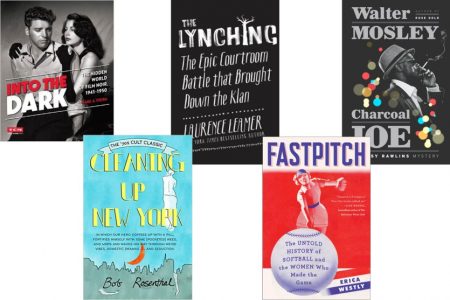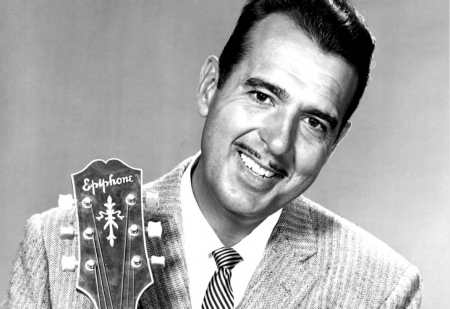Walter Mosley: ‘Donald Trump is a lazy, spoilt guy’
As his latest detective novel drops, the writer muses on Obama, the Clintons, and how his own father is like his celebrated protagonist, Easy Rawlins
During the 1992 presidential campaign, Bill Clinton flashed a copy of Walter Mosley’s Devil in a Blue Dress and proclaimed the writer his favorite novelist, shooting Mosley to mainstream fame. Now Mosley’s legendary Los Angeles detective Ezekiel “Easy” Porterhouse Rawlins, played by Denzel Washington in a 1995 film adaptation of Devil in a Blue Dress, is celebrating his 25th anniversary in Mosley’s new novel, Charcoal Joe.
“Bill was a really smart guy. He knew my books better than I did,” Mosley says in his soothing baritone, talking to me from St Louis on Charcoal Joe’s release tour. “He read them very closely. We were sitting at dinner one day and he was talking about how the books were about migration. Clinton was talking about how these characters had moved, and in that new place had created a place of power.” Mosley says that he strongly disagrees with some of Clinton’s policies, though he remains a supporter.

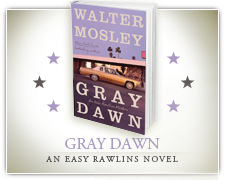


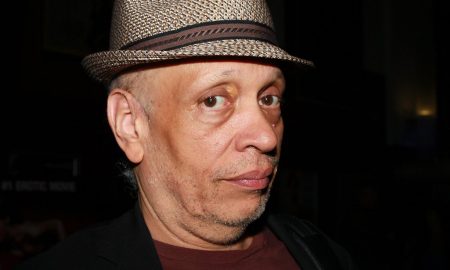
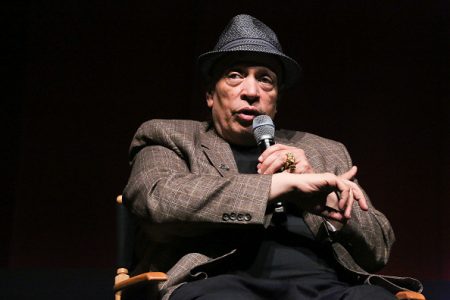

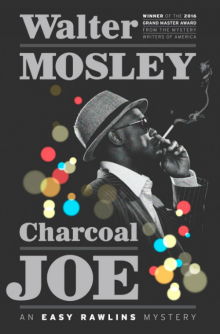
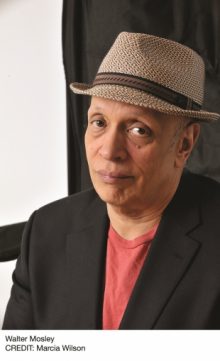
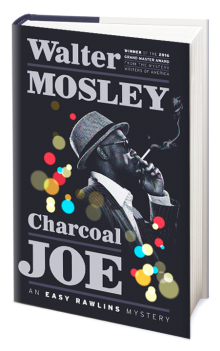 Veteran storyteller Walter Mosley is back with another installment in the life and times of Easy Rawlins in Charcoal Joe. This is terrific news on several fronts: Easy is one of the finest characters in modern-day suspense fiction, complex and artfully drawn; the heroes and villains change sides with some regularity, including the main character; and the story offers more than its share of twists and turns to confound the reader. The titular Charcoal Joe is something of a legend in the circles of Los Angeles bad guys. Easy has stayed outside Joe’s sphere, but all that changes when he is tapped by his longtime frenemy Mouse to look into the murder charges against a young friend of Joe. Violence raises its ugly head, and our hero must take some serious evasive action to protect the lives of his family and loved ones. The Easy Rawlins saga has followed the landlord-turned-detective from the early post-World War II years through the Jim Crow 1950s and up to 1968 in this latest installment. The late ’60s were tumultuous times in Southern California, and Mosley deftly weaves social commentary into the narrative.
Veteran storyteller Walter Mosley is back with another installment in the life and times of Easy Rawlins in Charcoal Joe. This is terrific news on several fronts: Easy is one of the finest characters in modern-day suspense fiction, complex and artfully drawn; the heroes and villains change sides with some regularity, including the main character; and the story offers more than its share of twists and turns to confound the reader. The titular Charcoal Joe is something of a legend in the circles of Los Angeles bad guys. Easy has stayed outside Joe’s sphere, but all that changes when he is tapped by his longtime frenemy Mouse to look into the murder charges against a young friend of Joe. Violence raises its ugly head, and our hero must take some serious evasive action to protect the lives of his family and loved ones. The Easy Rawlins saga has followed the landlord-turned-detective from the early post-World War II years through the Jim Crow 1950s and up to 1968 in this latest installment. The late ’60s were tumultuous times in Southern California, and Mosley deftly weaves social commentary into the narrative.